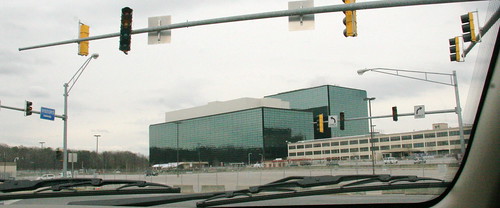Covenant Security Solutions Wins Contract with Major Government Agency
Fairfax, VA (PRWEB) August 25, 2008
Covenant Security Solutions (CHSS), a premier provider of total security solutions to agencies of the U.S. Government, was awarded a canine services contract by a major government agency.
“We are very pleased to continue our support to the United States government in protecting those people and assets that protect our great Nation,” said Robert Coe, President of the Covenant Security Companies. “We view these operations not as contracts but as missions that support our governmental infrastructure and that is a mission we take very seriously.”
CHSS operates Covenant Farms Canine Training Center, a world-class training facility, located just outside of the National Capital Region in Northern Virginia, Covenant Farms provides a diverse range of canine acquisition and training services spanning the entire spectrum of canine capabilities for law enforcement, military and private security.
Covenant Security Solutions is part of the Covenant family of security companies, a leader in global security, training and assessments, and is recognized for innovative, cost-effective solutions to ensure the safety and security of the assets of the U.S. Government and government contractor organizations worldwide.
About the Covenant Security Companies
Headquartered in Chicago, Illinois, The Covenant Security Companies manages over $ 180 million in contracts in 23 states as well as globally, and employs more than 2,900 security personnel in over 62 locations. The company provides a wide range of high-quality protective force and technical security services through four operating companies: Covenant Aviation Security, Covenant Security Services, and Covenant Security International. Services include Protective Force Operations – Armed/Unarmed; Information Security Services; Industrial Security Services; Aviation Security Services; Emergency Preparedness and Planning; Security-Related Training; Investigations, Audits and Survey Services; Special Security Operations; Ancillary Services; Pre-Employment Screening; Drug Testing; FOCI Program Management; OSHA Safety; and Canine Operations.
For more information, contact Rob Coe at info@covenantsecurity.com
# # #
Attachments
![]() ©Copyright 1997-
©Copyright 1997-
, Vocus PRW Holdings, LLC.
Vocus, PRWeb, and Publicity Wire are trademarks or registered trademarks of Vocus, Inc. or Vocus PRW Holdings, LLC.



